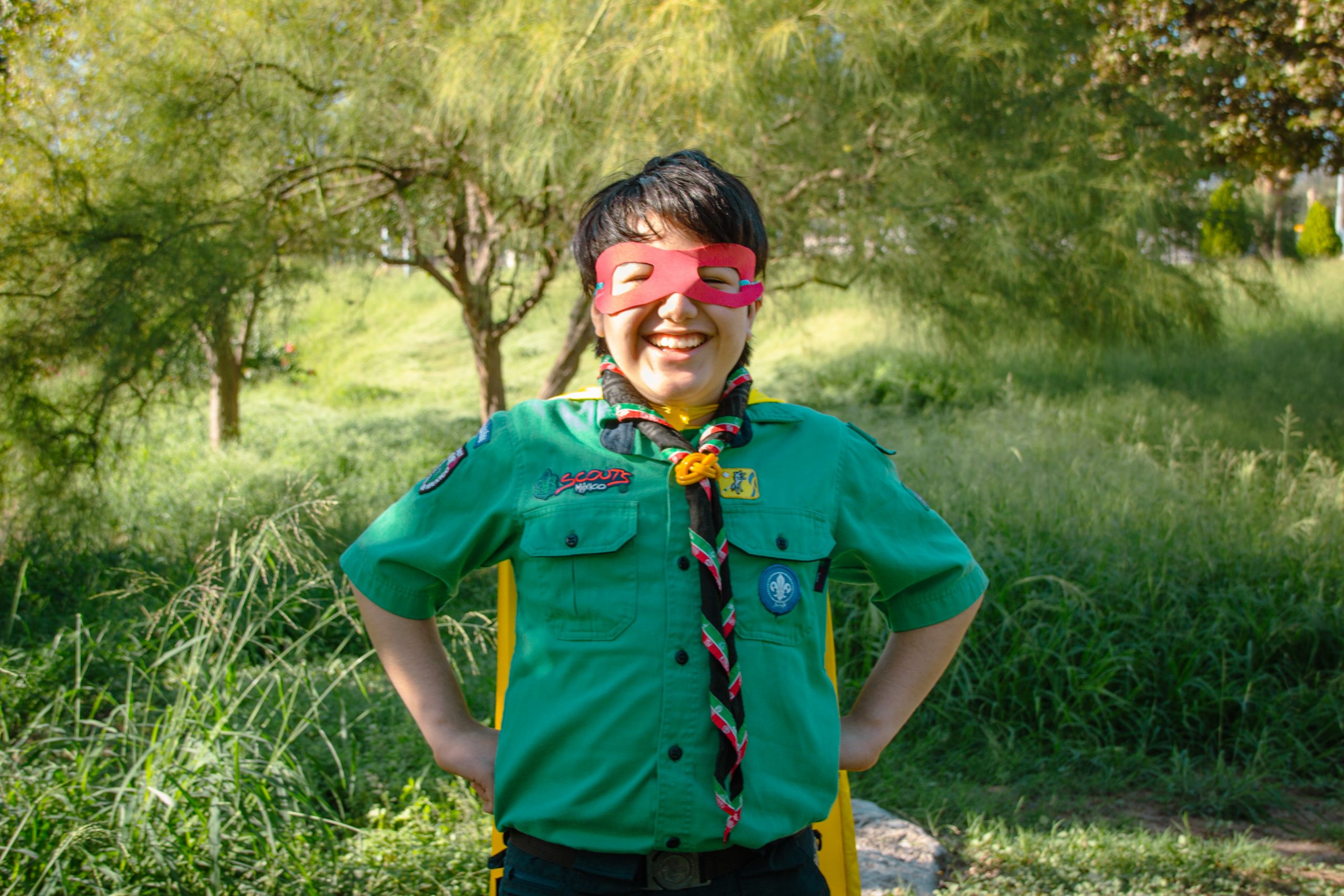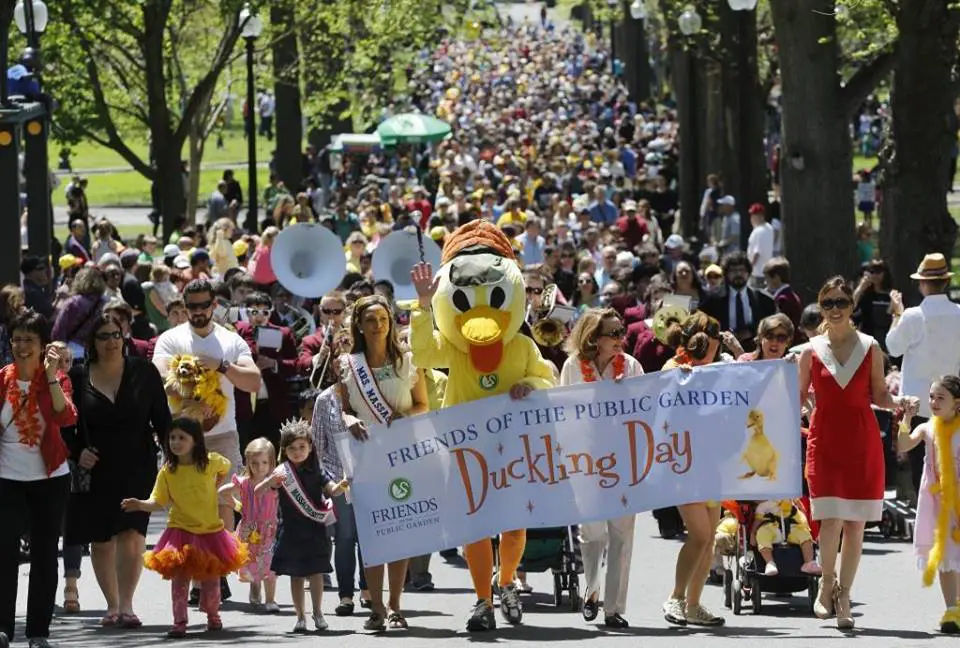
I hate it when people tell me I have “such a good kid.”
My kid is not a “good kid,” and neither is yours. No, they’re not bad kids, either. They simply make good and bad decisions. The sum of those decisions shapes their character and their reputation — which matters — but our children cannot be defined in such a bifurcated way.
When my first child was born, all the ladies asked me, “Is he a good baby?” And I wanted to answer, “Well, he eats, he poops, he cries, and he sleeps, in varying measures that differ day to day. I’m pretty sure that’s just what a baby does.” Is he a good baby, or a bad baby?
When my second child was born and was colicky, they also asked, “Is he a good baby?” and I wanted to answer, “Well, he doesn’t eat very well, he struggles to poop, he cries sometimes a lot, and he doesn’t sleep a ton — but his tummy hurts and he can’t get comfortable, and so he’s telling me that in the only ways a baby can.” So you tell me, is he a good baby, or a bad baby?
What about the toddler with a biting problem? She doesn’t do it maliciously, but she’s still hurting her friends and now no one wants to have playdates with her. She doesn’t have the words to tell us what she wants or needs or why she’s frustrated, and biting tends to come when she feels overwhelmed. Is she a good kid, or a bad kid?
What about as they get older? What about the child who gets straight A’s and is a leader in every context, but also constantly makes other kids feel small and insignificant on the playground? Are they a good kid, or a bad kid?
What about when they’re adults? How about the doctor who has cared for hundreds of sick kids and is incredibly financially generous to those in need but physically and verbally abuses his own wife and kids? Is he a good guy, or a bad guy?
What about the mom who forgets every single class party, never initiates a playdate, and seems to have completely lost control of her kids? She is also caring for her elderly parents, dealing with a messy marriage, and working two jobs just to keep food on the table. Is she a good mom, or a bad mom?
Categorizing anyone as good or bad is really harmful and needs to stop.
Your kid is not a good kid. And neither is mine. Categorizing them as such leads to making excuses for the bad things they have done “because they’re such a good kid.”
We see this in classic examples like the Brock Turner case, where years of “good” are supposed to excuse or erase “20 minutes of action” and harmful behavior. This is not to say that reputation and character shouldn’t be considered in any situation, but bad behavior and actions must be owned and have consequences, especially when our kids are still in their formative years. My “good kids” still need to know that their “bad actions” will have consequences — and I, as a parent, do them a disservice if I let them get away with bad behavior because they’re “such a good kid.”
Categorizing a kid as a “bad kid” also means not allowing room for growth or change “because they’re just a problem kid.”
This, unfortunately, oftentimes bifurcates into othering of kids who are under-resourced or who struggle with self-control or sitting still (and oftentimes this is along racial lines). How many times have we heard the story of a child whose life is changed because of a teacher who actually believed in them and challenged them, even when they weren’t living up to their potential? We love those stories. But we do not make them possible when we categorize kids as “problem kids” or “good kids.”
I’m begging you, please stop telling me my kids are good kids — or categorizing them as “problems.” It’s far more nuanced than that. The worst among us still occasionally does something kind or good for someone that we love. And the best among us still makes selfish and hurtful decisions. No one person is fully good or fully bad. We are all a sum of our decisions, both good and bad, and we do each other a huge disservice when we continue to categorize people as bad or good.
Instead, can we please:
- Talk about bad decisions vs. good decisions rather than “good” or “bad” people. Our decisions shape our characters, yes, but we are all capable of good and bad.
- Have consequences for bad decisions, regardless of who makes them. This also shapes our character — and sometimes owning our mistakes is the best way to indicate true moral fiber. We need to stop excusing bad behavior because “s/he’s a good person.” Can we mature in our thinking to understand that someone can do lots of good AND also cause harm (and vice versa)?
- Praise kindness and good choices, not “good kids.” Expect better from everyone, rather than raising the bar for some and lowering it for others.
This is the end of my rant.
I have three fantastic kids. But they are not “good kids.” They make good decisions and bad decisions, just like me and just like you.













Excellent Kristen….the same type of comments were made 35 years ago when we had an infant…and then a toddler….and then a tweener….and then a highschooler….and finally an adult. Thank you for putting this into words with scenarios that were true then, true now, and will be true when your children are adults.